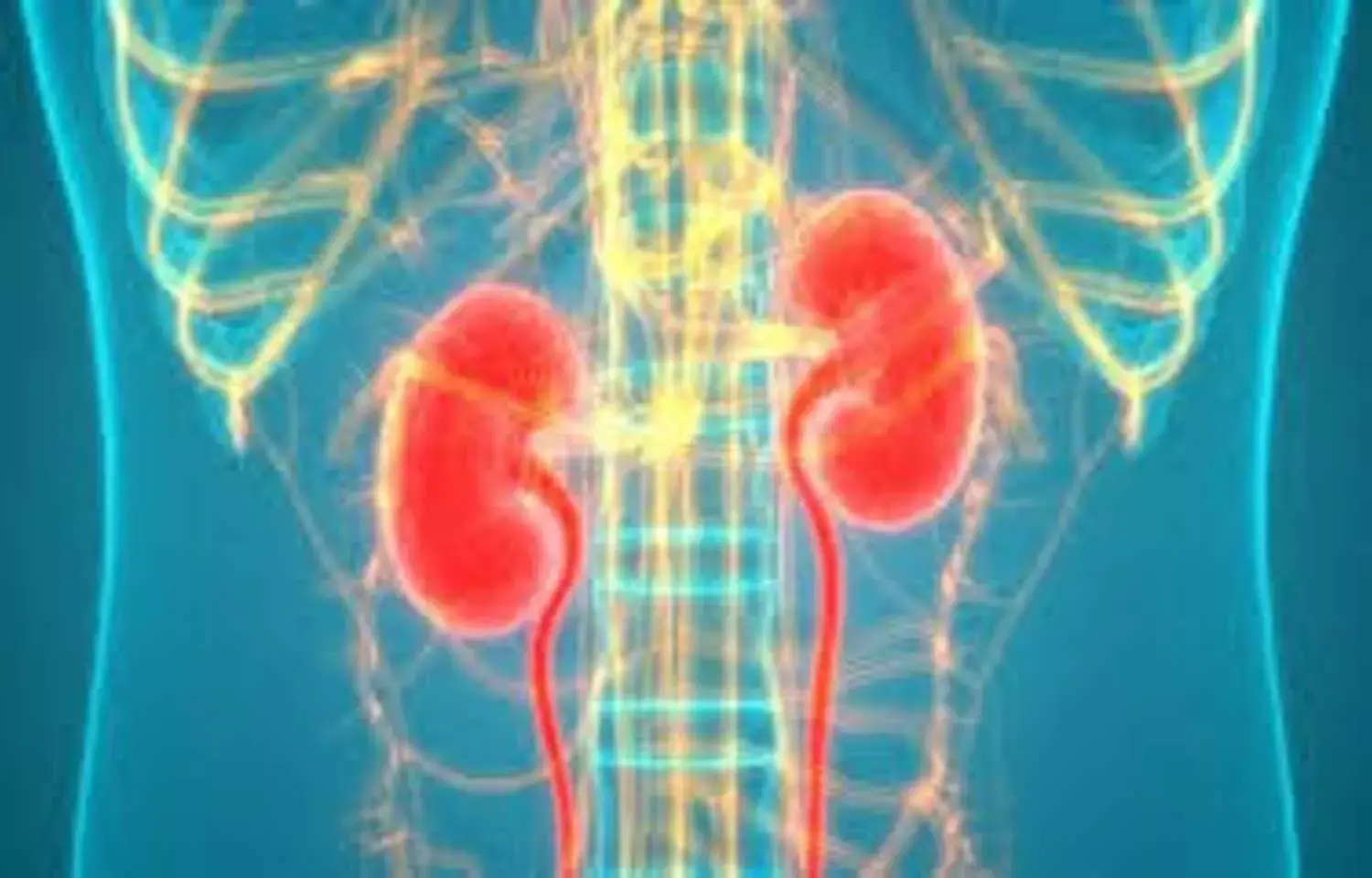- Home
- Medical news & Guidelines
- Anesthesiology
- Cardiology and CTVS
- Critical Care
- Dentistry
- Dermatology
- Diabetes and Endocrinology
- ENT
- Gastroenterology
- Medicine
- Nephrology
- Neurology
- Obstretics-Gynaecology
- Oncology
- Ophthalmology
- Orthopaedics
- Pediatrics-Neonatology
- Psychiatry
- Pulmonology
- Radiology
- Surgery
- Urology
- Laboratory Medicine
- Diet
- Nursing
- Paramedical
- Physiotherapy
- Health news
- Fact Check
- Bone Health Fact Check
- Brain Health Fact Check
- Cancer Related Fact Check
- Child Care Fact Check
- Dental and oral health fact check
- Diabetes and metabolic health fact check
- Diet and Nutrition Fact Check
- Eye and ENT Care Fact Check
- Fitness fact check
- Gut health fact check
- Heart health fact check
- Kidney health fact check
- Medical education fact check
- Men's health fact check
- Respiratory fact check
- Skin and hair care fact check
- Vaccine and Immunization fact check
- Women's health fact check
- AYUSH
- State News
- Andaman and Nicobar Islands
- Andhra Pradesh
- Arunachal Pradesh
- Assam
- Bihar
- Chandigarh
- Chattisgarh
- Dadra and Nagar Haveli
- Daman and Diu
- Delhi
- Goa
- Gujarat
- Haryana
- Himachal Pradesh
- Jammu & Kashmir
- Jharkhand
- Karnataka
- Kerala
- Ladakh
- Lakshadweep
- Madhya Pradesh
- Maharashtra
- Manipur
- Meghalaya
- Mizoram
- Nagaland
- Odisha
- Puducherry
- Punjab
- Rajasthan
- Sikkim
- Tamil Nadu
- Telangana
- Tripura
- Uttar Pradesh
- Uttrakhand
- West Bengal
- Medical Education
- Industry
Verinurad and febuxostat combo intensively lowers urates and reduces Albuminuria

Researchers have found in a new study that Intensive urate lowering by Verinurad and febuxostat combination is linked to reduced urine albumin excretion.
Hyperuricemia has been implicated in the development and progression of chronic kidney disease (CKD).
People with chronic kidney disease and type 2 diabetes are at risk for deteriorating kidney function and progressive chronic kidney disease (CKD).Loss of albumin into the urine is an early marker of kidney damage and is associated with further deterioration.Albuminuria is the earliest clinical signal of kidney disease in diabetic nephropathy and strategies that reduce albuminuria, such as RAS inhibition, are standard of care.
Verinurad is a novel, potent, specific urate reabsorption inhibitor. Researchers evaluated the effects of intensive urate-lowering therapy with verinurad combined with the xanthine oxidase (XO) inhibitor febuxostat on albuminuria in patients with hyperuricemia and type 2 diabetes mellitus (T2DM).
This proof-of-concept study showed that treatment with verinurad 9 mg plus febuxostat 80 mg once daily reduced albuminuria in patients with T2DM and hyperuricemia receiving standard-of-care renoprotective treatment and optimal antihypertensive therapy.
This was a multicenter, prospective, randomized, double-blind, parallel-group, placebo-controlled trial in hyperuricemic patients with T2DM and albuminuria on standard-of-care treatment (NCT03118739). The primary objective was to assess the effect of verinurad and febuxostat on albuminuria. Secondary objectives included evaluation of kidney function, CV health, and assessment of metabolic effects.
In this study, the combination of verinurad and febuxostat, drugs that reduce uric acid using different mechanisms, led to greater reductions in the amount of albumin in the urine and uric acid in the blood than did placebo. The treatment was generally well-tolerated, with nausea and dizziness the most common adverse events seen after verinurad and febuxostat treatment.This novel approach might confer additional benefits to patients with T2DM beyond the use of existing renoprotective strategies.
While verinurad and febuxostat may help to protect kidneys against further decline in people with CKD and type 2 diabetes, definitive assessment of their impact on preservation of kidney function awaits larger clinical studies.
https://www.ajkd.org/article/S0272-6386(20)31072-6/fulltext#secsectitle0130
Dr Kartikeya Kohli is an Internal Medicine Consultant at Sitaram Bhartia Hospital in Delhi with super speciality training in Nephrology. He has worked with various eminent hospitals like Indraprastha Apollo Hospital, Sir Gangaram Hospital. He holds an MBBS from Kasturba Medical College Manipal, DNB Internal Medicine, Post Graduate Diploma in Clinical Research and Business Development, Fellow DNB Nephrology, MRCP and ECFMG Certification. He has been closely associated with India Medical Association South Delhi Branch and Delhi Medical Association and has been organising continuing medical education programs on their behalf from time to time. Further he has been contributing medical articles for their newsletters as well. He is also associated with electronic media and TV for conduction and presentation of health programs. He has been associated with Medical Dialogues for last 3 years and contributing articles on regular basis.
Dr Kamal Kant Kohli-MBBS, DTCD- a chest specialist with more than 30 years of practice and a flair for writing clinical articles, Dr Kamal Kant Kohli joined Medical Dialogues as a Chief Editor of Medical News. Besides writing articles, as an editor, he proofreads and verifies all the medical content published on Medical Dialogues including those coming from journals, studies,medical conferences,guidelines etc. Email: drkohli@medicaldialogues.in. Contact no. 011-43720751


